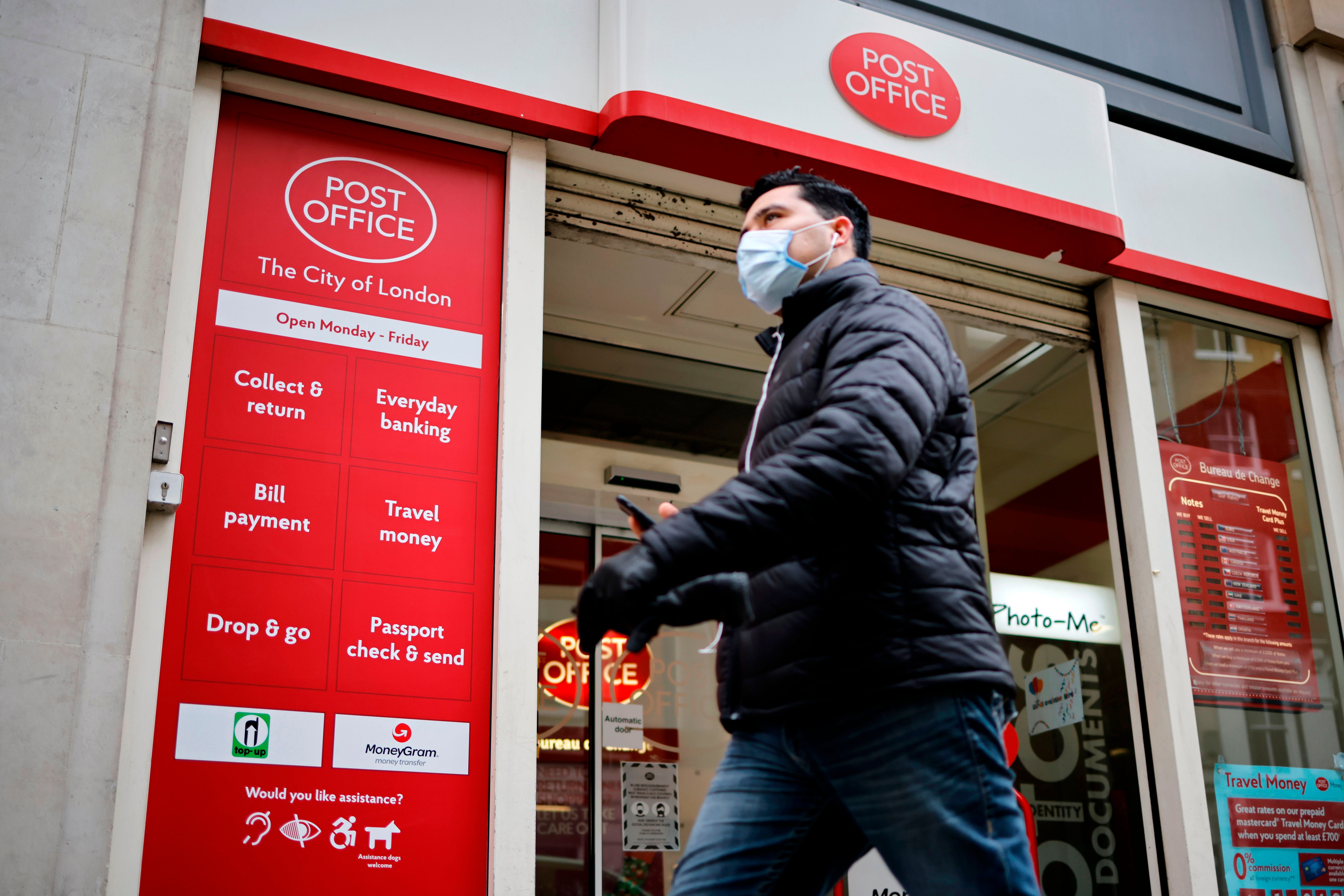The Post Office scandal is a reminder that whistleblowers must be protected
Editorial: The best disinfectant, as the saying goes, is sunlight and the best way to deal with incipient corruption in large organisations is to promote freedom of information and encourage whistleblowing

The launch of the public inquiry into the Post Office’s appalling treatment of its own subpostmasters must be a turning point in such matters, not just for the Post Office but for every organisation.
From what we already know about the Horizon scandal, which will cost taxpayers more than £630m to put right, suggests it is not too early to learn lessons. The main one would appear to be that such scandals are usually unsustainable, often come to light through people leaking information and speaking to the media, and there is invariably a long struggle against the truth until everyone agrees that it must never happen again. Then it does.
In the Post Office, and in every other organisation where wrongdoing occurs and becomes ingrained, the tendency is always to close ranks and hope that the critics will eventually get bored and go away. The more the leadership of the organisation encourages such denial and evasion, the worse the damage will be – both to victims and to the organisation itself.
Something of that organisational habit and ethos can certainly be detected in the attempts by the Post Office to pretend that its new accounting software was working perfectly well, and that the widespread complaints about it from its own dedicated subpostmasters (independent but reliant on their Post Office contracts) was solely due to an outbreak of incompetence and/or dishonesty.
Unfortunately, we can see it too in the recent performance of the Metropolitan Police. Dame Cressida Dick’s first instinct when serious problems were discovered in the Met was to deny that they were necessarily widespread or an indicator of a wider malaise, and to stress the dedication and professionalism of most of the force. That may be understandable and fair, in its way, but it sounded, and indeed was, complacent about the extent of the multiple problems that beset the force, some dating back long before her time as commissioner, but insufficiently addressed by her.
Her efforts to set things in perspective and proportion, ironically, went too far. Racism, sexism and homophobia are hardly new problems in the Met or any other police force, or, indeed, in the outside world, but their persistence in the age of social media has been badly underestimated.
Other major organisational failures have shared these features of denial, cover-up, complacency and secrecy. They can be detected in the “Partygate” controversies, with potentially far-reaching political effects, in the sense that the law applies to others. In such sickly environments, the principal obligation, set by those at the top, is not to obey the law, but not to be caught breaking it. When the tenor of the way a group of people is set in that way from the top, it is hard for those at the bottom to challenge it, even where they are inclined to do so.
Every organisation is susceptible to this form of behavioural corruption. The best disinfectant, as the saying goes, is sunlight and the best way to deal with incipient corruption in large organisations is to promote freedom of information and encourage whistleblowing.
To keep up to speed with all the latest opinions and comment, sign up to our free weekly Voices Dispatches newsletter by clicking here
There is now an openly hostile attitude towards FOI requests by official bodies, especially those from the press, but it is the whistleblower who is the one who can identify a scandal almost as soon as it happens. Someone, somewhere in most organisations is ready to speak up, as was the case with the Post Office’s software problems. Only because sub-postmasters were willing to mobilise political support after losing everything was their plight properly heard.
The law has been strengthened to protect whistleblowers from losing their jobs; but the reality is that their relationships and future prospects for employment and promotion are inevitably damaged by their decision to act on their conscience.
In the Metropolitan Police, and elsewhere, staff (as opposed to contractors) are still not guaranteed anonymity when they speak out. It is in the very organisations which deal directly with people, such as the police and the health service, where the protections for whistleblowers are needed the most, but where the ethos of secrecy is strongest, and where the instinct of loyalty is perverted to protect crimes.
It is all very well to sack police commissioners or chief executives or indeed ministers of the crown, but the real challenge is to turn every employee into a potential alarm bell. Otherwise, it is sad to say, such tragedies as befell more than 700 innocent subpostmasters will happen again, and those responsible will escape justice.
Join our commenting forum
Join thought-provoking conversations, follow other Independent readers and see their replies
Comments
Bookmark popover
Removed from bookmarks